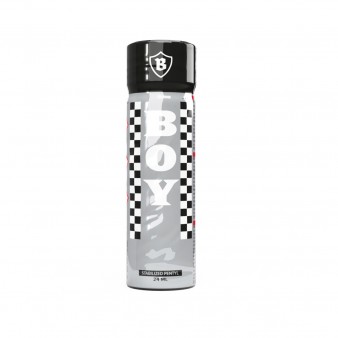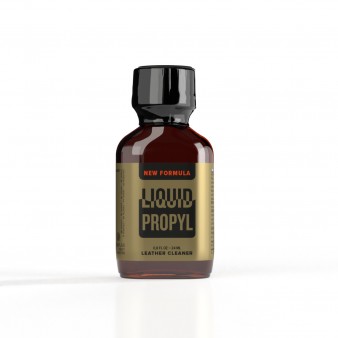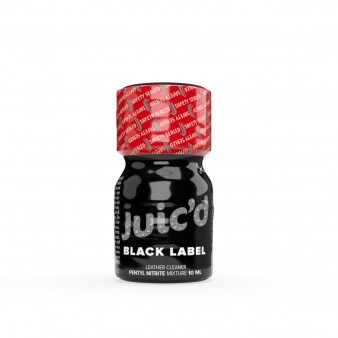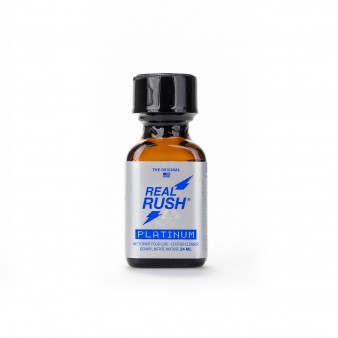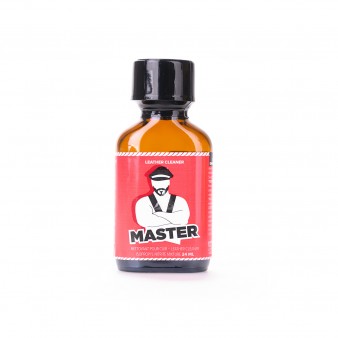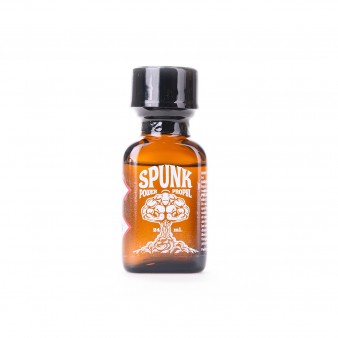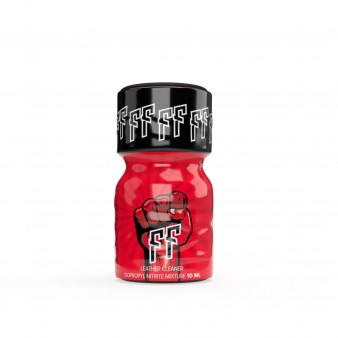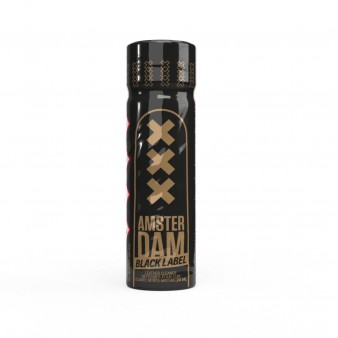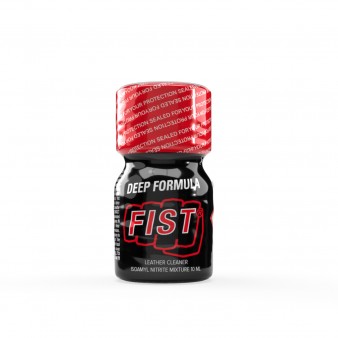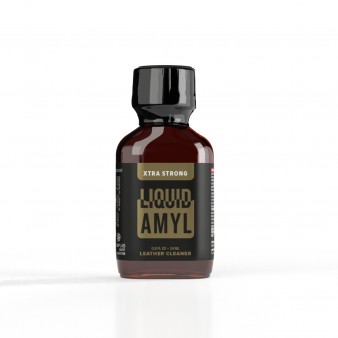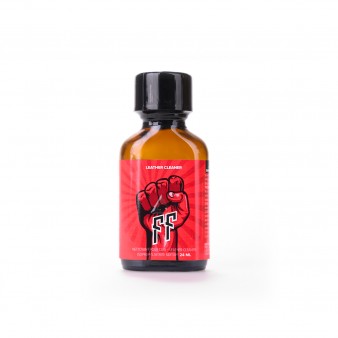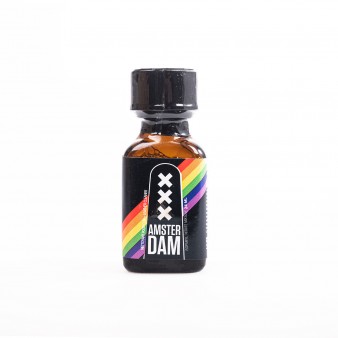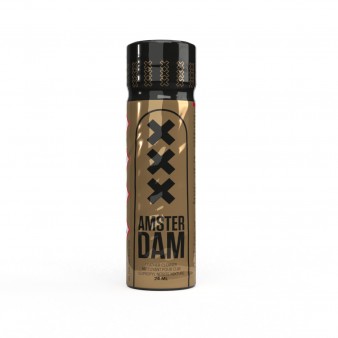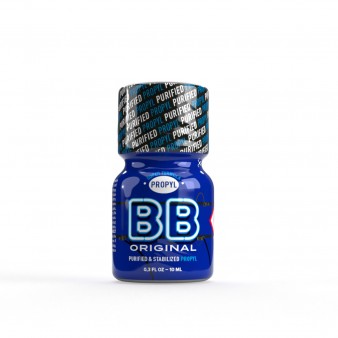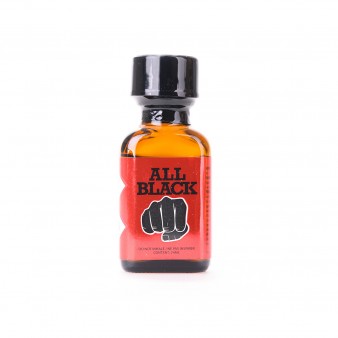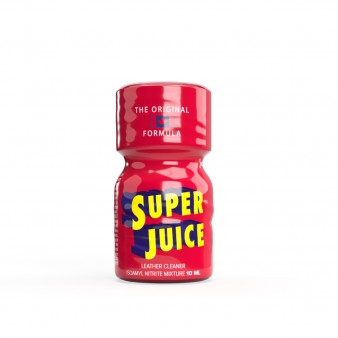Poppers: the beginning
My dear friend, Cocorico’s poppers are a French invention. In 1844, Antoine-Jérôme Balard, a professional pharmacist and chemist, synthesized amyl nitrite for the first time. At that time, it wasn’t seen as an aphrodisiac, but a vasodilator. It was primarily used in cardiology; in the United States it was prescribed to treat heart spasms. In those days, poppers were not yet available in small bottles but in the form of capsules. This is how amyl nitrite got its nickname: when opening the capsules, they made a ‘popping’ sound. Until around the 1950s, they were used for medicinal applications, after which they were replaced with other, more highly estimated molecules. In the early 1970s, US Army soldiers sent to Vietnam were equipped with ‘poppers’ to make them more combative. In 1972 a top porn film by Radley Metzger was launched in the specialist circuit Score, in which a bisexual woman used poppers to seduce her partners. Poppers started to pop and became indispensable at parties.
Some discos and sauna chains distributed poppers through their ventilation systems. In the 1960s and 1970s, a new packaging was launched: a bottle to inhale or to evaporate in a room. This was very successful among gay men and members of the sexual freedom movement who used it as a quality aphrodisiac. A number of brands made their appearance. The most famous brand was ‘Rush’, named after the rush it caused. Poppers make people laugh, generate a rising warm feeling and a dizzying puff. They also cause prolonged erections, enhance orgasmic contractions and delay ejaculation. Poppers are vasodilators, which means that they expand blood vessels, resulting in a rush of euphoria, relaxation and sexual disinhibition. This causes a ‘high’ of warm sensations. The product is liked by people who want to improve their sex lives and achieve better orgasms, as well as electronic music fans (in 1994 the British wave Chemical Beats extensively praised the delights of amyl nitrite) and even some paratroopers and other extreme athletes.
Although poppers are sometimes considered as drugs by the authorities, they are based on isopropyl nitrite, which is freely accessible and legal. Their primary effect is to relax the muscles and the blood vessels. They make you feel really good and create warm sensations. This encourages sexual disinhibition and enables a free experience of sex, without taboos or shame. The sexually enhancing effect is caused by widening the muscles and improving the blood circulation in the blood vessels. This results in spectacular erections, a large vagina and a large anus. Multiple orgasms occur and last longer. Although poppers are often associated with homosexual use, they are also liked by heterosexuals. In terms of use, poppers are comparable to aromatherapy products that lead up to feelings of relaxation, positive thoughts and a significant sexual boost. Poppers are also often used at parties and in night clubs because they induce euphoria. They also reduce tension and make any shyness disappear.
Poppers have always remained readily available on the Internet, ranging from excellent to very poor quality. Since 1990, however, poppers containing butyl and pentyl nitrite have been banned in France. Only bottles containing alkyl nitrites have remained allowed until Prime Minister François Fillon attempted to ban the production and marketing of poppers completely with a decree in 2007. This was followed by a long period of great legal confusion. The decree was withdrawn by the Council of State, denounced again by the government and later on withdrawn once more. Many retailers and users didn’t follow the whole discussion until the spring of 2013. Since then, the situation is again the same as it was before Filon. Poppers have become fully legal again in France, as long as they are made according to certain authorized compositions. Just like Marriage for All, this proves that the current government, despite making mistakes, considers gays and sexually free citizens no longer as potential criminals but as people who are fully responsible and free to pursue their own private life styles.

